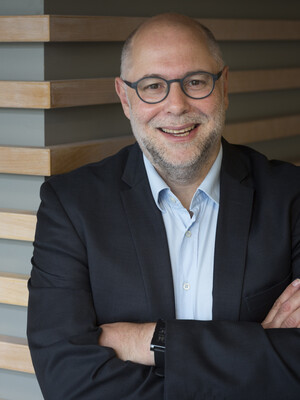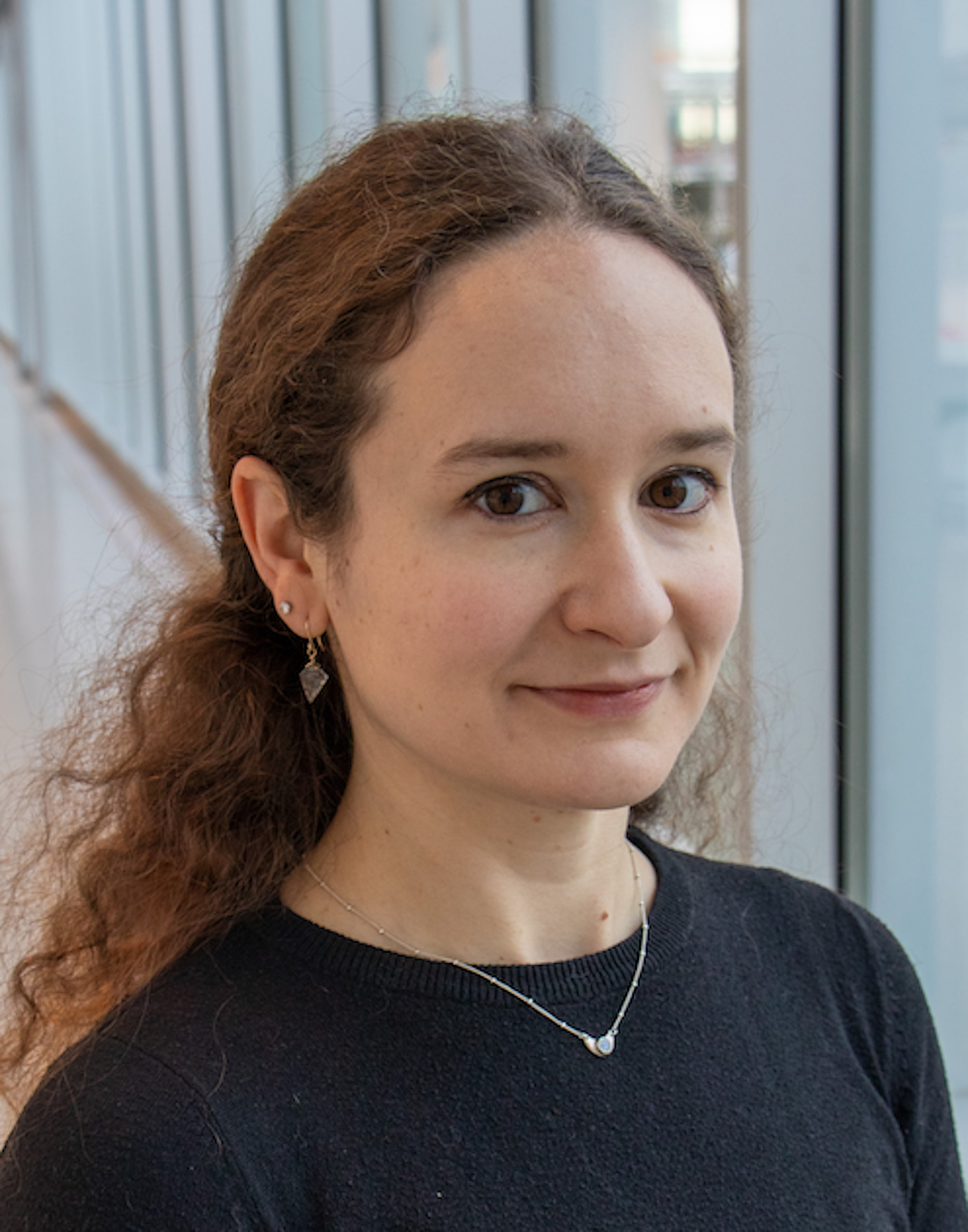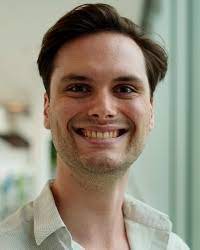11th QSC General Assembly in Delft
We invite you to the 11th edition of the Quantum Software Consortium (QSC) General Assembly which will be held at the TU Delft on May 31, 2024 and is organized by Gayane Vardoyan and Wolfgang Löffler. Harry Buhrman, Richard Gill, Sarah Arpin, Yaroslav Herasymenko and Mio Poortvliet will give presentations, from mathematics over cryptography and quantum information to experimental quantum optics.
The venue is "X" on the Delft campus, easily accessible by bike and public transport: https://map.tudelftcampus.nl/poi/x/



Harry Buhrman Richard Gill Sarah Arpin
Quantinuum, QuSoft, UvA Prof Emeritus MI Leiden MI Leiden
10.00 Registration and coffee & tea
10.30 Welcome
10.40 Mio Poortvliet - Single photons at your fingertips
11.10 Sarah Arpin - Adventures in supersingularland
11.40 Poster pitches
12.15 Lunch & posters
13.45 Richard Gill - Adventures in wonderland
14.35 Yaroslav Herasymenko - How complex are fermions, exactly ?
15.05 Tea Break
15.45 Harry Buhrman - Quantum position verification, quantum nonlocal computation,
and surprising connections with holography and classical cryptography.
16:35 Closing by Ronald de Wolf
16.45 Drinks, snacks & posters
18:00 End


Mio Poortvliet Yaroslav Herasymenko
MI Leiden QuTech Delft & QuSoft, CWI
Abstract Harry Buhrman:
Quantum position verification (QPV) plays a crucial role in secure quantum communication
and nonlocal quantum computation. It ensures that a party involved in a communication protocol is at its claimed
location, which is essential for secure communication, distributed computing, and location-based services.
In 2012, we established a tight connection between the security of QPV schemes and the entanglement usage in quantum nonlocal computation. Quantum nonlocal computation is the task of performing a unitary operation U on a
bipartite quantum state φ_AB held by two parties, Alice and Bob. They can simultaneously send a single message to each other, after which they should hold the state ψ_AB = Uφ_AB. It is always possible to apply U in this
manner, but the entanglement usage for arbitrary U's remains unknown. The best known upper bound is exponential, while the best known lower bound is linear.
In this talk, we will discuss recent advances and surprising connections with other fields, such as holography, ADS/CFT correspondence, and classical primitives like conditional disclosure of secrets (CDS) and secure message passing (SMP).
This is based on joint work with Rene Allerstorfer, Florian Speelman, Philip Verduyn Lunel, and Alex May.
Abstract Richard Gill - (Professor Emeritus, Mathematical Institute, Univ of Leiden)
Since the loophole-free Bell experiments of 2020 and the Nobel prizes in physics of 2022, critics of Bell's work have retreated to the fortress of super-determinism. Now, super-determinism is a derogatory word - it just means "determinism". Palmer, Hance and Hossenfelder argue that quantum mechanics and determinism are not incompatible, using a sophisticated mathematical construction based on a subtle thinning of allowed states and measurements in quantum mechanics, such that what is left appears to make Bell's argument fail, without altering the empirical predictions of quantum mechanics. I think however that it is a smoke screen, and the slogan "lost in math" comes to my mind. I will discuss some other recent disproofs of Bell's theorem using the language of causality based on causal graphs. Causal thinking is also central to law and justice. I will mention surprising connections to my work on serial killer nurse cases, in particular the Dutch case of Lucia de Berk and the current UK case of Lucy Letby.
